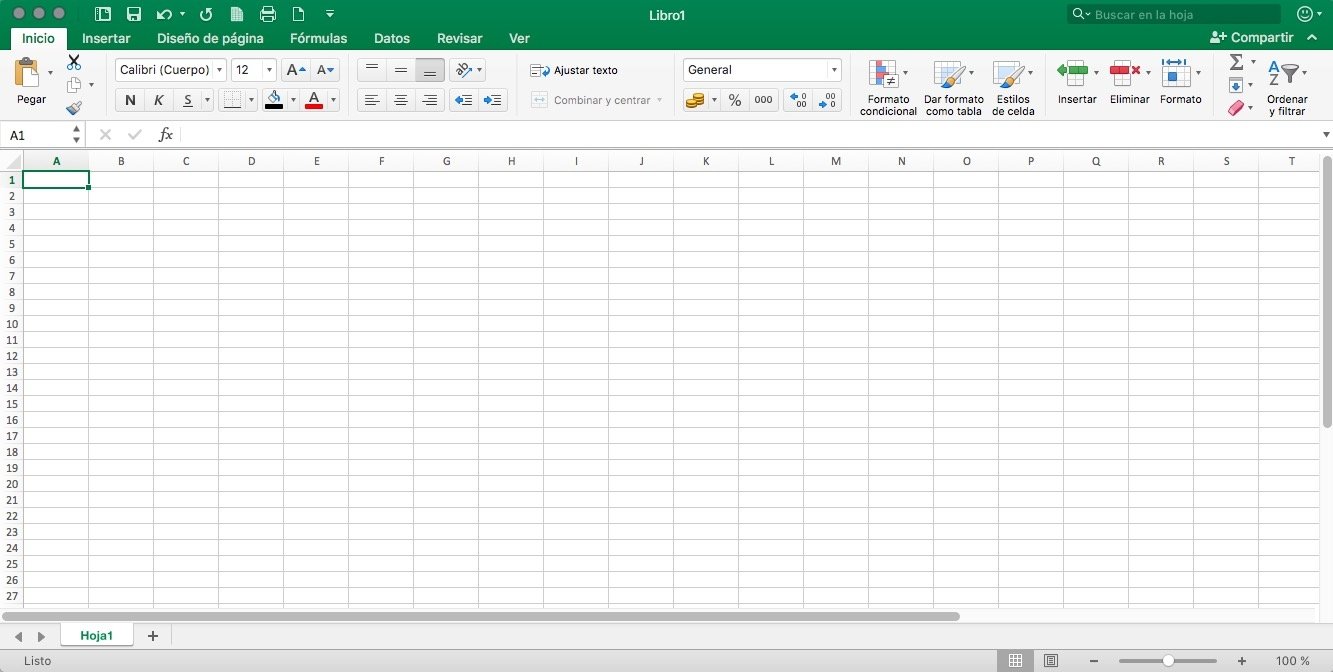If you still don't see an option to install Office on the Microsoft 365 Software page, it's possible your admin hasn't assigned a license to you. Find out if you have a license to install Office. If you're a student or teacher and your institution didn't give you a license, find out if you're eligible to Get Microsoft 365 for free. Visit Office 2016 Quick Start Guides for Mac to download guides for the Mac versions of Word 2016, Excel 2016, PowerPoint 2016, Outlook 2016 or OneNote 2016 on Mac OS X Yosemite or El Capitan. While viewing any guide, you can save a copy of it to your computer, zoom in to get a closer look at a screenshot, or search for feature names.
- Download Office 365 Free Calendar
- Download Office 365 Free Trial
- Download Office 365 Free Trial Version
Topics Map > Features and Functionality > Client Capabilities > Desktop
Most UW-Madison faculty, staff, and students have access to download/install Office suite - more details. For complete details on the different versions (including licensing) of Microsoft Office available, please review Microsoft Office for UW-Owned and Personally-Owned Computers at UW-Madison. Note: If you are on a departmental managed computer, contact your departmental IT support staff instead to make sure the correct version of Office is installed on your device.
- Note - If you travel to areas where you do not have access to internet for more than 30 consecutive days please read this note
- Departmentally owned computer (which requires activation every 180 days):
- Windows
- IT staff can download and install from the Campus Software Library > Microsoft for UW-owned Computers > Microsoft Office for Windows Shared Machines (C2R Installers) > Office 2019 Pro Plus for Kiosks.
- Mac
- IT staff can download and install the Office 2019 installation package from Microsoft, then download and run the serializer from the Campus Software Library > Microsoft for UW-owned Computers > Microsoft Office for Macintosh > Volume License Serializer for Office 20xx for Mac.
- Personally owned computer: use a free office suite such as OpenOffice or LibreOffice as a backup.
- Departmentally owned computer (which requires activation every 180 days):

- Note - Windows 7 End of Support and Office 365 ProPlus
As announced previously, Windows 7 will be out of support after January 14, 2020. Because Office 365 is governed by the Modern Lifecycle Policy, customers are required to stay current as per the servicing and system requirements for the product or service. This includes using Office 365 ProPlus on a Windows operating system that is currently in support.
Using Office 365 ProPlus on older, unsupported operating systems may cause performance and reliability issues over time. If your organization is using Office 365 ProPlus on devices running Windows 7, we strongly recommend your organization move those devices to Windows 10.
[How does this impact me?]
Even though Windows 7 will no longer be supported after January 2020, we understand Office 365 customers may need more time in their migration to a supported operating system. Through January 2023, Microsoft will provide security updates for Office 365 ProPlus on Windows 7. But, during that time, as long as the device is still running Windows 7, Office 365 ProPlus won’t receive any new features updates.
[What should I do to prepare for this change?]
We recommend that organizations migrate to Windows 10 or a supported operating system before the end of support date on January 14, 2020 in order to continue receiving new feature updates to Office 365 ProPlus. Make sure to discuss this process with your local IT staff before making changes to your system.
We’ll be providing more information by January about how to get security updates for Office 365 ProPlus on devices running Windows 7 after support for Windows 7 ends.
Note: This information also applies to Office 365 Business which is included in business plans such as M365 Business and Office 365 Business Premium, and to desktop versions of Project and Visio.
For more information, please see this support article and this FAQ.
Important: Why should you install and use Office 365 ProPlus/Subscription version from the Office 365 portal?
- 365 ProPlus/Subscription version: receives feature and security updates.
- Professional Plus/2016/2019/Volume License versions: only receive security updates.
- Release notes for Current Channel releases in 2020.
Download/Install Office
Important

- If you use Microsoft Project and/or Visio, please make sure to review the compatibility article before installing Office suite.
- You will need administrator rights to your computer to install any software. If you do not have these rights, contact your local administrator. Also, make sure to update the software after completing the installation - this will ensure that your software is up-to-date for it most important security patches.
- If you have a previous version of Office installed, please perform a complete uninstall before installing the latest version.
- OneNote desktop client will no longer be included within Office 365/2019 suite and instead will be a standalone application. If you would like to use OneNote desktop client, review Microsoft's article.
Windows OS
- Log into Office 365 Portal using your netid@wisc.edu address and NetID credentials.
- Click Install Office button.
- Follow the prompts to install the software. You will be prompted to enter your account credentials (NetID/password) to activate the software.
Note: During the configuration Office/Outlook, If you are prompted to 'add this account to Windows', click skip for now.
Mac OS
- Log into the Office 365 portal.
Note: if you are prompted to sign into your Office 365 email account, enter you NetID@wisc.edu address. - Within the 'My account' screen, click Install Office button.
- When prompted, run the installer and continue with the installation/configuration process.

Chromebook

See Microsoft support article.
Download Office 365 Free Calendar
Configuration resources
Download Office 365 Free Trial
Uninstall Office
Download Office 365 Free Trial Version
See Also:
